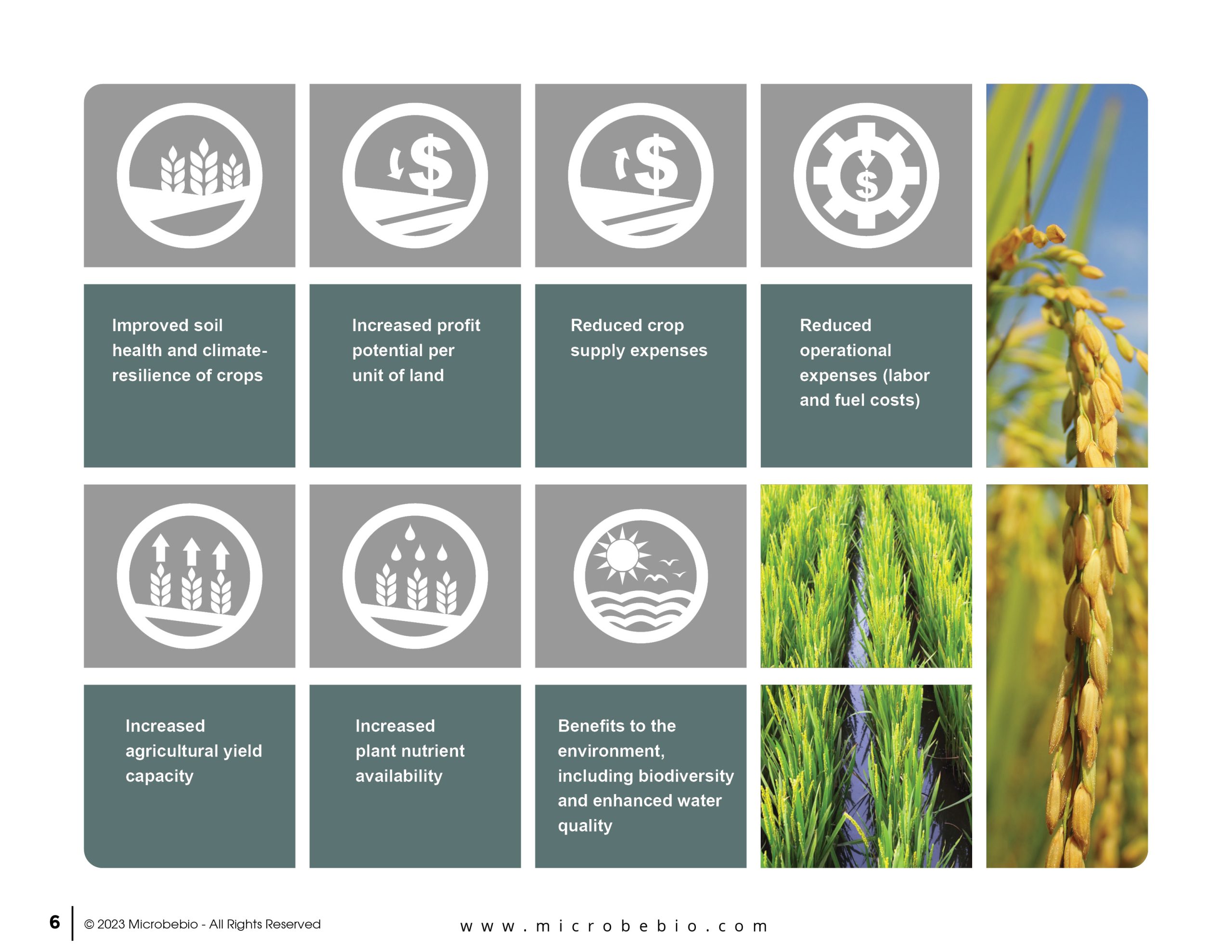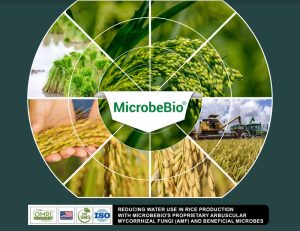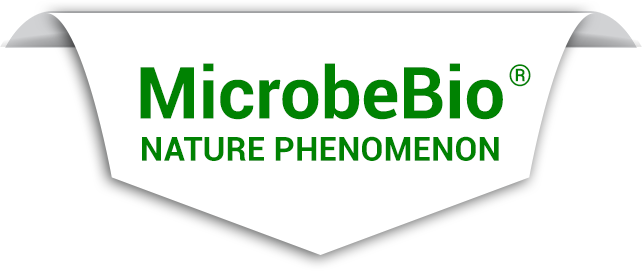The Role of Microbes in Agriculture
 In the quest to sustainably feed a growing global population, innovative agricultural solutions are more crucial than ever. Microbebio is at the forefront of this movement, offering a revolutionary approach that leverages the power of microbes, mycorrhizal fungi, and 100% organic nutrients to transform agriculture. By enhancing crop yield, aroma, and taste, Microbebio not only supports better animal and human health but also contributes to environmental protection, CO2 reduction, and the remediation of contaminated soils. Let’s explore how Microbebio is paving the way for a healthier planet and a more sustainable future in farming.
In the quest to sustainably feed a growing global population, innovative agricultural solutions are more crucial than ever. Microbebio is at the forefront of this movement, offering a revolutionary approach that leverages the power of microbes, mycorrhizal fungi, and 100% organic nutrients to transform agriculture. By enhancing crop yield, aroma, and taste, Microbebio not only supports better animal and human health but also contributes to environmental protection, CO2 reduction, and the remediation of contaminated soils. Let’s explore how Microbebio is paving the way for a healthier planet and a more sustainable future in farming.
The Role of Microbes in Agriculture
Microbes are the microscopic powerhouses that drive essential processes in agriculture. They play a vital role in nutrient cycling, soil health, and plant growth. Microbebio harnesses these natural allies to improve agricultural productivity and sustainability.
Enhancing Soil Health
Microbes are fundamental to soil health. They break down organic matter, recycle nutrients, and support plant health by promoting robust root systems. Microbebio’s microbial formulations enhance these natural processes, leading to healthier soils and more resilient crops. By improving soil structure and fertility, Microbebio helps plants access the nutrients they need to thrive, even in challenging conditions.
 Remediating Contaminated Soils
Remediating Contaminated Soils
One of the standout features of Microbebio is its ability to remediate contaminated soils, such as those affected by Agent Orange. By introducing beneficial microbes that break down harmful compounds, Microbebio restores soil health and productivity. This not only revitalizes farmland but also protects the environment and human health from toxic residues.
The Power of Mycorrhizal Fungi
Mycorrhizal fungi form symbiotic relationships with plant roots, significantly enhancing nutrient uptake and plant growth. These fungi extend the root system, allowing plants to access water and nutrients more efficiently.
Boosting Crop Yield and Quality
Microbebio leverages mycorrhizal fungi to boost crop yields and improve quality. By facilitating nutrient exchange between plants and soil, these fungi enhance plant growth and resilience. The result is healthier, more productive crops with improved aroma and taste, benefiting both farmers and consumers.
Protecting Against Pests and Diseases
Mycorrhizal associations also help protect plants from pests and diseases. By strengthening natural defense mechanisms and promoting beneficial soil organisms, Microbebio reduces the need for chemical pesticides. This leads to healthier crops and a reduced environmental impact, aligning with sustainable agriculture practices.
100% Organic Nutrients and Micronutrients
Microbebio’s formulation includes a blend of organic nutrients and micronutrients essential for plant health. These nutrients support various plant functions, promoting growth and development.
Supporting Sustainable Agriculture
The use of organic nutrients aligns with sustainable agricultural practices, minimizing reliance on synthetic fertilizers and pesticides. This not only benefits the environment by reducing chemical runoff and pollution but also supports ecosystem health by promoting biodiversity.
Environmental Benefits and CO2 Reduction
Microbebio contributes to environmental protection and CO2 reduction in several ways:
Carbon Sequestration
By enhancing soil health and promoting sustainable farming practices, Microbebio helps sequester carbon in the soil. This reduces atmospheric CO2 levels and mitigates climate change, making agriculture a part of the solution to global warming.
Reducing Chemical Inputs
Healthy plants are more resistant to pests and diseases, reducing the need for chemical interventions. Microbebio supports plant health by promoting beneficial soil microbes that protect crops from harmful pathogens. This leads to healthier crops and reduced environmental impact from pesticide use.
Common Uses and Applications
Microbebio is versatile and can be used in various agricultural settings, from large-scale farms to small community gardens. Its applications extend beyond traditional crop production, making it suitable for:
- Vertical Farming: Enhancing nutrient uptake and plant growth in controlled environments.
- Rewilding Projects: Supporting the restoration of natural ecosystems by improving soil health and promoting plant biodiversity.
- Regenerative Agriculture: Contributing to sustainable farming practices that focus on soil health and ecosystem restoration.
Meeting the Needs of Diverse Agricultural Systems
Microbebio is designed to be adaptable to different agricultural systems, providing tailored solutions to meet the unique needs of each environment. Whether it’s improving crop yield in conventional farming or supporting sustainable practices in organic agriculture, Microbebio offers a comprehensive approach to enhancing plant health and productivity.
As the world faces increasing challenges in food production and environmental sustainability, innovative solutions like Microbebio are essential. By harnessing the power of microbes, mycorrhizal fungi, and organic nutrients, Microbebio offers a sustainable and effective way to enhance crop yield, improve food quality, and protect the environment. With trending hashtags like #SustainableAgriculture, #Microbebio, and #OrganicFarming, spreading awareness and encouraging the adoption of these practices can help shape a better future for agriculture and the planet.
